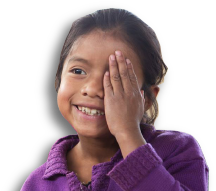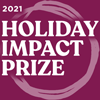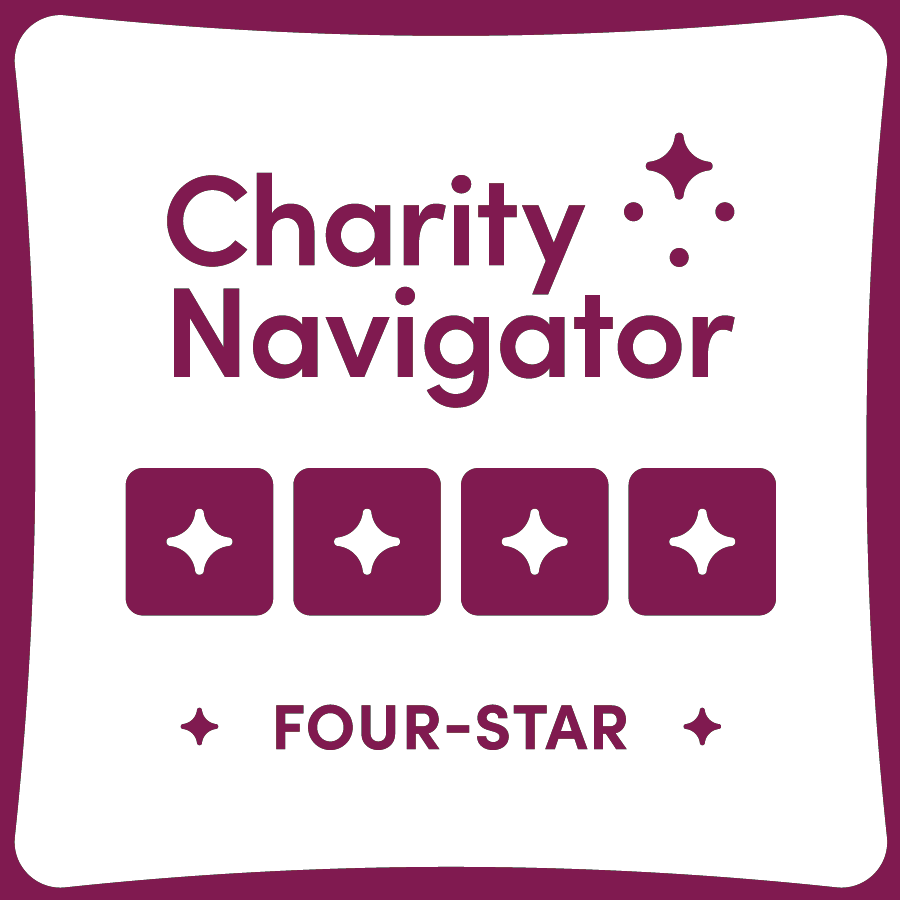Synergy Series
On October 17, Seva hosted the Synergy Series, an intimate series of discussions among eye care professionals, paraprofessionals, and volunteers. Doctors, researchers, activists, nonprofit workers, and volunteers traveled from far and wide to attend the talks at Berkeley’s David Brower Center. The overarching topic for discussion: “How do we get eye care to overlooked populations across the globe?” Now that Seva has celebrated its 40th anniversary, and served over 5 million people worldwide, where does the organization go next? How do we further hone our programs to serve isolated, and marginalized people around the globe?
Fifteen guest speakers, hailing from as far away as Ukraine and Nepal, provided illuminating and unique perspectives to the question. Seva board member Dr. Mariano Yee recounted how he pioneered the use of Manual Small Incision Cataract Surgery (MSICS) in his native Guatemala, as well as throughout Latin America. Yee used his experience to illustrate the ongoing need for affordable, accessible, and effective treatments for visual impairment to vulnerable people everywhere.
Ophthalmologists David Heiden, of San Francisco, CA, and Olena Hurzhii, of Kyiv, Ukraine, spoke about a fascinating overlap between two seemingly-unrelated medical specialties. Human cytomegalovirus (CMV) occurs frequently in patients with compromised immune systems, including people living with HIV/AIDS. The virus can cause inflammation of the retina, leading to blindness - a condition known as CMV retinitis. Thanks to Drs. Heiden and Hurzhii’s contributions to the field, doctors specializing in HIV/AIDS can now diagnose CMV retinitis.
Linda Lawrence, M.D., and Levi Kandeke, M.D., both pediatric ophthalmologists, spoke on the importance of providing vision care for children. Childhood blindness and visual impairment is a critical issue, since it can affect a person for their entire life. Yet it does not receive the same level of attention as other causes of blindness. Part of this is because treating children’s eyes requires specialized training, equipment, and know-how. Dr. Lawrence spoke about working with the WHO to develop the International Low Vision Rehabilitation Standards (including birth to 3 years). Dr. Kandeke, in the meantime, recounted his own experiences of growing up visually impaired, and how much just being given a pair of glasses impact his life. He now serves sight-impaired children in Burundi. Because of his selfless work, today there is a network of more than 20 centers that examine approximately 800 patients every day across the country.
Other speakers brought attention to vulnerable populations who are desperately in need of eye care. Jerry Vincent, O.D., M.P.H., discussed the remarkable impact he has had in South Asia. For the past two years, Jerry has partnered with Seva and local organizations to create a five-year eye care strategy for Rohingya refugees in Bangladesh. His talk shone a spotlight on the challenges inherent in providing care for large refugee groups, and provided guidance for how Seva can modify its strategy to better serve them.
Overall, the Synergy Symposium was a tremendous success. It allowed members of the humanitarian eye care community from all corners of the Earth to meet, share stories, exchange knowledge, and make bold plans for the future. On behalf of everyone at Seva, thank you to everyone who attended! We look forward to many more in the years to come.
Feel inspired? Help support Seva:
Above: Watch a short video of highlights from this Seva Synergy Series.
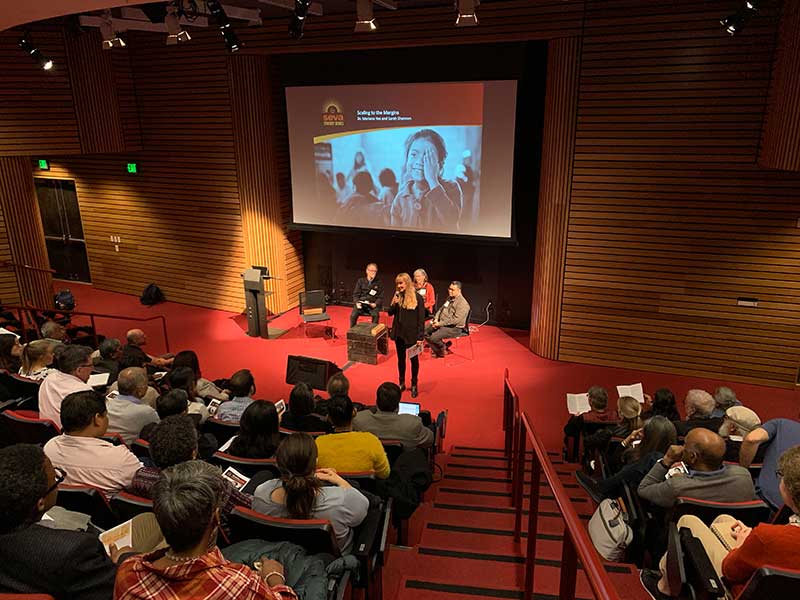
Above: From left, Dr. Marty Spncer, Dr. Mariano Yee and Sarah Shannon with Vaughan Acton standing in front.
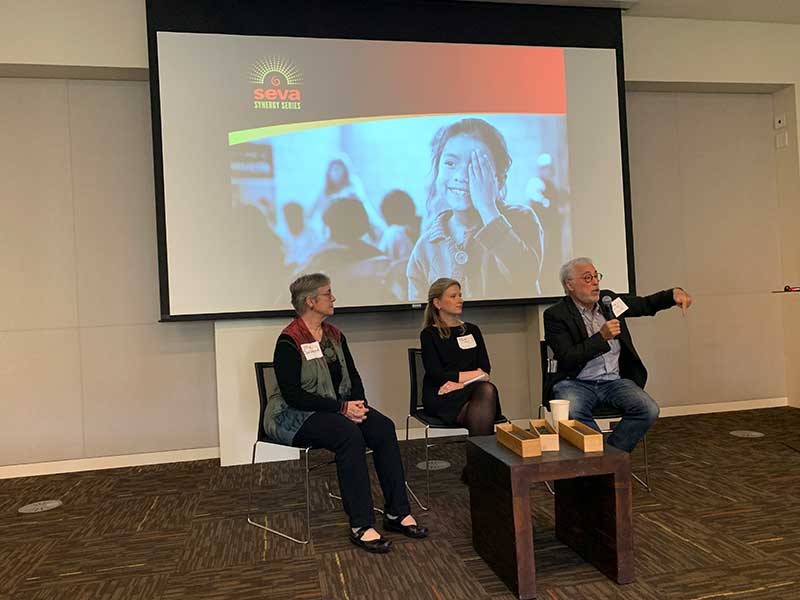
Above: From left, Dr. Suzanne Gilbert, Dr. Olena Hurzhii and Dr. David Heiden.
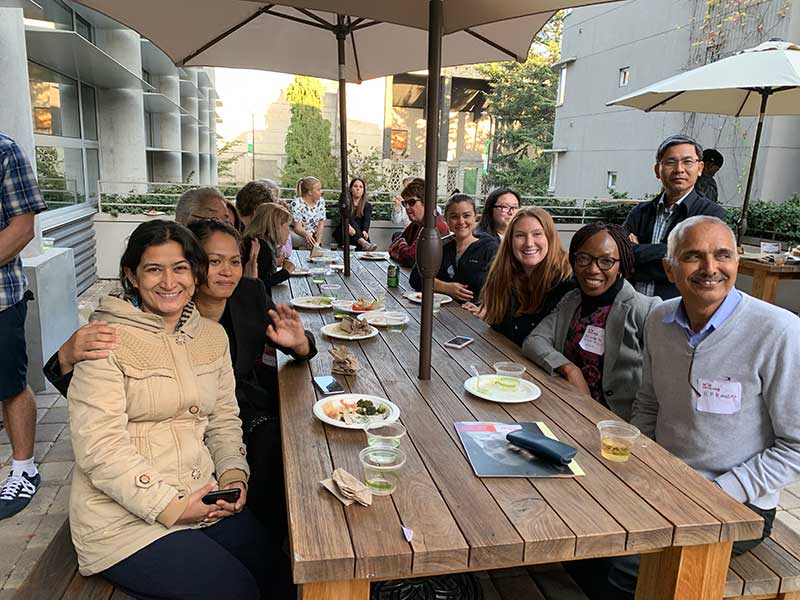
Above: Synergy guests with Seva staff enjoying snacks and discussions after the event.

